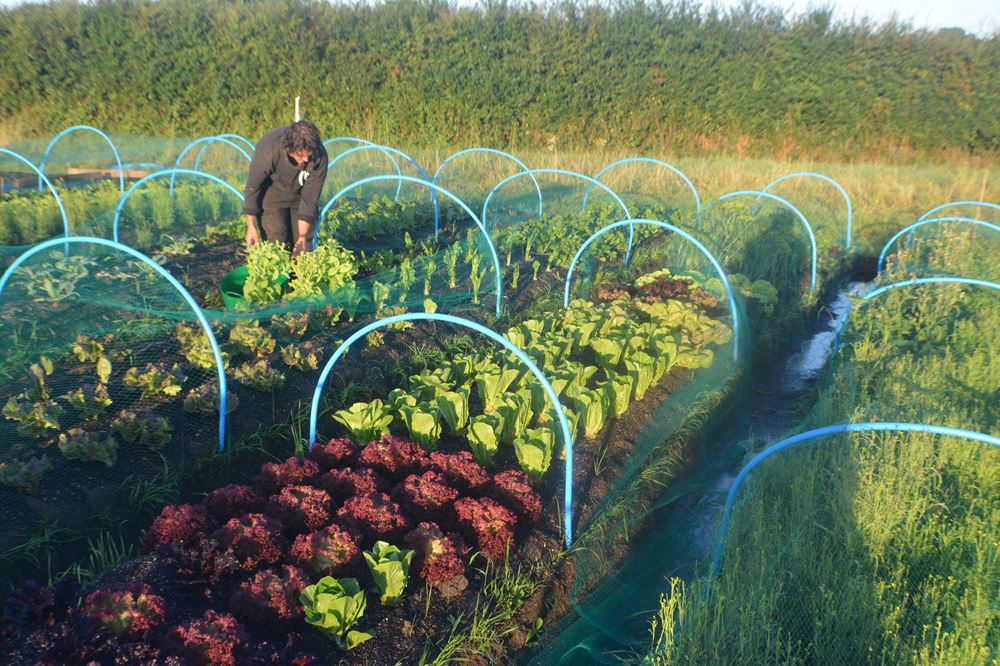
The “O” word Legally we’re not allowed to use the “O” word because we’re not certified. Organic certification can potentially cost £750 per year and will involve extra admin work. Our aim is to provide affordable organic food: having the certification will increase the price of our produce; as we already firmly believe in organic principles, nothing will change, even if we become certified. We do not see the need to pay a third party to approve what we already insist upon. If we were veggie tycoons planning to sell our produce internationally, then we might consider the certification. However, we are not. Our produce is exclusively for the Hull and Beverley area; we offer full transparency to our members and invite everyone to the farm to learn about our methods in the hope of developing a trusting relationship with our members. No Chemicals At Frith we never use pesticides or chemical fertilizers. Our cultivation method mimic that of a natural ecosystem; we simply lay organic matter (locally produced compost) on top of the soil, then plant our crops into it. This is a far more sustainable way of keeping our soil fertile and healthy; it feeds soil organisms, which in turn produce everything the plant needs to thrive within a lovely, deep, rich, crumbly soil with lots of life. Reduced Carbon footprint We are always looking to reduce our carbon footprint; the compost we use is made from local organic matter and is high in carbon material such as wood chips; this decompose over time and the carbon is then locked in the soil. Generally, large scale farms use nitrogenous fertilisers derived from the Haber Bosch process, which uses a colossal amount of fuel – around 1% of the world’s energy supply-which equates to a lot of greenhouse gas emissions. Instead of doing this we use nitrogen-fixing plants; these plants work together with soil bacteria to absorb atmospheric nitrogen. Nitrogen is stored in the plant, until it decomposes, releasing the nitrogen into the soil.

